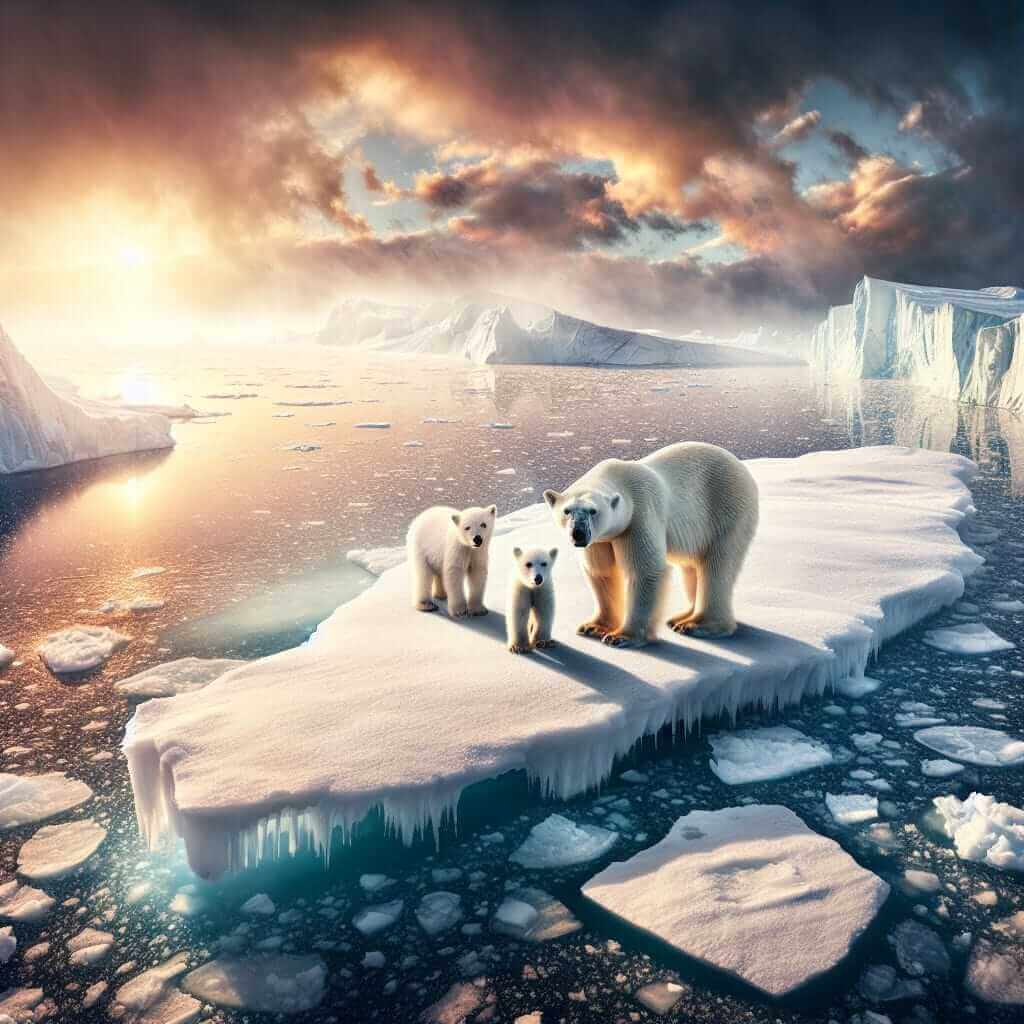The IELTS Reading test assesses your reading skills by presenting a variety of texts and related questions. Due to its importance, candidates must practice different types of texts and questions to ensure success. One popular topic that frequently appears in IELTS reading passages is climate change and its effects on ecosystems. Given the continual relevance and scientific documentation of this subject, it’s crucial to be well-prepared.
In this article, we will provide a comprehensive IELTS Reading practice test on “What are the effects of climate change on ecosystems?”. This includes a passage, a variety of question types, answer keys, explanations, vocabulary, and grammar tips. Such practice will enhance your understanding and preparation for the IELTS exam.
IELTS Reading Practice Test
Instructions
Please read the following passage carefully and answer the questions that follow. Each question type represents typical tasks you are likely to encounter in the IELTS Reading section.
Effects of Climate Change on Ecosystems
Climate change is resulting in significant alterations to ecosystems around the world. This phenomenon has far-reaching effects that are both direct and indirect, affecting various aspects of the natural environment.
Temperature Changes
One of the most noticeable effects of climate change is the shift in temperature patterns. As global temperatures rise, many species are forced to migrate to cooler areas. This shift disrupts the balance of ecosystems, as native species either adapt, move, or face extinction. Certain areas might see a surge in particular species while others might become barren as organisms fail to survive the warmer temperatures.
Disruption of Food Chains
Climate change profoundly disrupts food chains. For instance, the decrease in ice cover in polar regions affects the entire marine food web. Species like krill, which are foundational to the marine ecosystem, are becoming less abundant. This decline has repercussions throughout the food chain, impacting penguins, seals, and whales.

Changes in Precipitation Patterns
Altering precipitation patterns are another effect of climate change. Some regions experience severe droughts, while others suffer from increased rainfall and flooding. Such variability affects plant growth cycles, thereby influencing the entire ecosystem. Plants may bloom earlier or later, affecting species that rely on them for food and shelter.
Ocean Acidification
The increase in atmospheric CO2 levels leads to higher concentrations of carbon dioxide in ocean waters, resulting in ocean acidification. This process decreases the pH levels of seawater, impacting calcium carbonate-based organisms like corals and shellfish. Degradation of coral reefs, which support diverse marine life, indicates how extensive the impact on marine ecosystems can be.
Biodiversity Loss
Overall, climate change results in biodiversity loss, threatening the resilience of ecosystems. Reduced biodiversity diminishes the ability of ecosystems to recover from disturbances, making them more susceptible to further changes.
Questions
Multiple Choice Questions
-
According to the passage, what is one direct effect of rising temperatures on ecosystems?
- A) Increased biodiversity
- B) Species migration to cooler areas
- C) More rainfall
- D) Enhanced plant growth
-
What impact does the decrease in ice cover have on the marine food web?
- A) Increased number of krill
- B) Shift of marine predators to land
- C) Disruption of the food chain
- D) None
True/False/Not Given
- Plants bloom earlier worldwide due to climate change.
- A) True
- B) False
- C) Not Given
Identifying Writer’s Views/Claims (Yes/No/Not Given)
- Ocean acidification has no impact on coral reefs.
- A) Yes
- B) No
- C) Not Given
Matching Information
-
Match the sections with their corresponding effects.
-
A) Temperature Changes
-
B) Disruption of Food Chains
-
C) Changes in Precipitation Patterns
-
D) Ocean Acidification
-
E) Biodiversity Loss
-
i) Impacts calcium carbonate-based organisms
-
ii) Alters migration patterns
-
iii) Influences entire ecosystem by affecting plant growth cycles
-
iv) Reduces resilience to disturbances
-
v) Affects marine food web significantly
-
Answers and Explanations
- B) Species migration to cooler areas – Rising temperatures force species to move to cooler regions, disrupting ecosystem balance.
- C) Disruption of the food chain – Decrease in ice cover directly impacts the marine food web, starting from krill to top predators.
- C) Not Given – The passage does not specify that plants bloom earlier worldwide due to climate change.
- B) No – The passage clearly states that ocean acidification negatively impacts coral reefs.
-
- A) Temperature Changes – ii) Alters migration patterns
- B) Disruption of Food Chains – v) Affects marine food web significantly
- C) Changes in Precipitation Patterns – iii) Influences entire ecosystem by affecting plant growth cycles
- D) Ocean Acidification – i) Impacts calcium carbonate-based organisms
- E) Biodiversity Loss – iv) Reduces resilience to disturbances
Common Mistakes and Tips
- Mistake 1: Misinterpreting the passage. Always read the questions carefully and refer back to the passage.
- Tip: Underline key information as you read to quickly locate answers.
Vocabulary
- Migrating (verb): /ˈmaɪɡreɪtɪŋ/ – Moving from one region to another due to environmental changes.
- Precipitation (noun): /prɪˌsɪpɪˈteɪʃən/ – The falling of rain, snow, or hail.
- Acidification (noun): /əˌsɪdɪfɪˈkeɪʃən/ – Process of becoming acidic.
- Resilience (noun): /rɪˈzɪliəns/ – The ability to recover quickly from difficulties.
Grammar Focus
- Conditional Sentences: Often used to discuss hypothetical situations.
- Example: “If temperature rises, species will migrate to cooler areas.”
- Structure: If + present simple, + will + base verb.
Conclusion
Preparing for the IELTS Reading test involves understanding diverse topics and mastering different types of questions. By examining vital issues like the effects of climate change on ecosystems, candidates are better equipped to tackle related reading passages. Practice attentively, analyze mistakes, and expand your vocabulary for optimal results.
For more insights into related topics, feel free to explore our articles on climate change impacts on global fisheries management and effects on mountain ecosystems. Happy studying, and good luck!